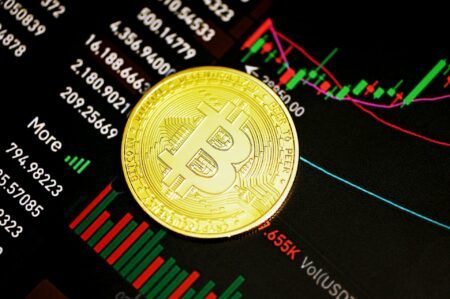Judge Rakoff’s Ruling in SEC v. Terraform Labs Case
On 31 July 2023, Judge Jed S. Rakoff of the U.S. District Court for the Southern District of New York made a significant ruling in the case “SEC v. Terraform Labs Pte. Ltd. and Do Hyeong Kwon” that could have much broader implications for the crypto space.
According to an article by The Block, in their defense, Terraform argued that the recent split decision in the SEC’s case against Ripple Labs invalidated the agency’s case against them. However, Judge Rakoff rejected this argument, allowing the civil case against Terraform and Kwon to proceed.
Judge Rakoff dismissed the notion of drawing a distinction between coins based on their manner of sale, a stance that directly contradicts the approach adopted by another judge in the Ripple case. He emphasized that the law does not support the idea that a coin sold directly to institutional investors is considered a security, while the same coin sold through secondary market transactions to retail investors is not.
Judge Rakoff wrote:
“It may also be mentioned that the Court declines to draw a distinction between these coins based on their manner of sale, such that coins sold directly to institutional investors are considered securities and those sold through secondary market transactions to retail investors are not. In doing so, the Court rejects the approach recently adopted by another judge of this District in a similar case.“
Judge Rakoff also dismissed Terraform’s invocation of the major questions doctrine, a legal argument gaining traction in the industry, as a reason to dismiss the SEC’s case. He argued that the cryptocurrency industry, while important, does not bear the vast economic and political significance required to invoke this doctrine.
He wrote:
“Because the doctrine is reserved for the most extraordinary cases where the agency claims broad regulatory authority and the area to be regulated is one invested with particular economic and political significance, it has been rarely invoked … With this standard in mind, the crypto-currency industry – though certainly important – falls far short of being a ‘portion of the American economy’ bearing ‘vast economic and political significance.’”
Furthermore, Judge Rakoff argued that limiting the SEC to regulating only investment products that label themselves as securities would be contrary to Congress’s intent in passing current securities laws. He concluded that there is no indication that Congress intended to hinder the SEC’s ability to resolve new and challenging questions posed by emerging technologies impacting markets that resemble securities markets.
Ripple CTO’s Reaction to Judge Rakoff’s Ruling
The ruling has sparked a flurry of reactions, including from Ripple CTO David Schwartz, who took to Twitter to share his thoughts.
Schwartz began by noting that Judge Rakoff’s ruling seems to be based on some very unusual properties of the Terraform Labs case and not on how cryptocurrencies generally work. He pointed out that the crux of the reasoning in Judge Rakoff’s decision does not apply to typical cryptocurrencies.
The Ripple CTO also acknowledged that while the court made it clear that it disagreed with the ruling in the Ripple case, it did not base its rejection of that ruling on its disagreement with it. Instead, it seemed to hinge on the difference in facts between the two cases.
Schwartz then presented two possible interpretations of the court’s stance:
- The worst-case scenario for fans of the Ripple decision: The court disagrees with the Ripple decision because it applies additional tests that are not part of the Howey test, and therefore, it won’t apply or follow the ruling here.
- The best-case scenario for fans of the Ripple decision: The court disagrees with the argument that it should follow the Ripple decision because the reasoning relied on in Ripple makes sense not because it directly implicates the Howey factors but because it indirectly implicates them due to facts not applicable in this case.
Schwartz further elaborated that the court might be suggesting that there’s no rule that secondary sales need to be treated differently from institutional sales because nothing in the Howey test says so. Therefore, if the court did so in Ripple, it was either wrong or did so because the facts in that particular case justified that distinction, and the court thinks the facts in this case don’t justify such a distinction.
It should be noted that these were Schwartz’s initial impressions, and he emphasized that they were his personal views.








